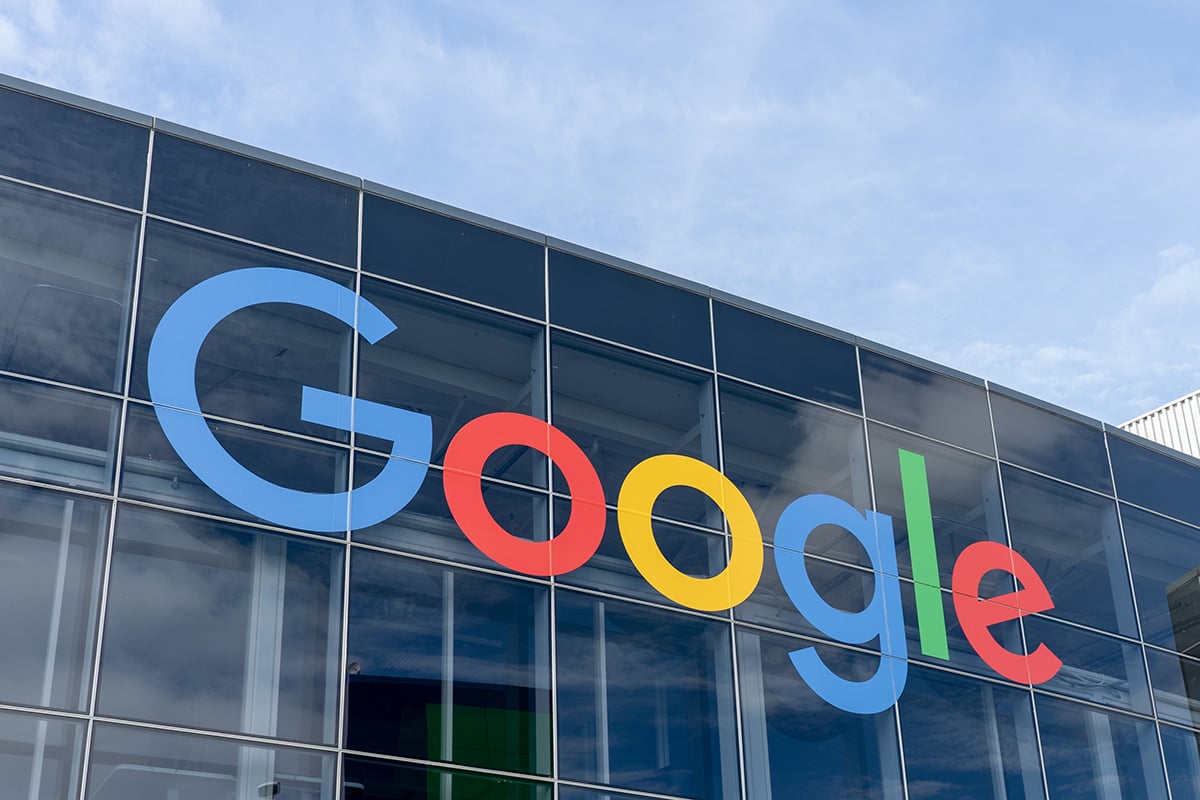Google’s latest Olympics advertisement has garnered significant attention, but not in the way the company had hoped. The ad, featuring Google’s AI tool, Gemini, has ignited a wave of criticism, with many accusing Google of undermining genuine human creativity with artificial intelligence.
The advertisement centers on a father narrating his daughter’s admiration for American Olympic track star Sydney McLaughlin-Levrone. Inspired by McLaughlin-Levrone, the girl trains diligently, using hurdling tips generated by Google’s AI search. When the girl wishes to express her admiration, the father employs Google’s Gemini chatbot to craft a fan letter. The AI-generated letter includes a line about the girl’s dream to surpass McLaughlin-Levrone’s world record.
Google aimed to highlight the AI tool’s ability to produce human-like text for various tasks, such as writing emails or planning trips. However, the ad has been perceived as out of touch with authentic human experiences. Many viewers took to social media platforms like Threads, X, and LinkedIn to voice their disapproval, questioning the need to replace a child’s heartfelt expression with AI-generated words.
This ad has been viewed as a blunder for Google, especially as it positions Gemini as a rival to OpenAI’s ChatGPT. Critics argue that the ad underscores a larger concern with AI technology: the fear that AI might supplant human creativity in areas such as art, music, and storytelling. These concerns are not without merit, as many creatives, including musicians and visual artists, have expressed worries about AI potentially taking over their roles. The issue was a focal point in last year’s Hollywood writers’ strike, where the use of AI in creative fields was hotly contested.
In response to the backlash, Google defended the advertisement, asserting that AI is meant to enhance human creativity rather than replace it. The company intended to craft an authentic narrative celebrating Team USA and featuring a real-life track enthusiast and her father. According to Google, the Gemini app is designed to be a starting point or thought starter for individuals seeking inspiration for their writing.
The criticism highlights a broader societal anxiety about the growing role of AI in everyday life. While tech companies promote AI as a way to simplify life by automating mundane tasks like grocery shopping or coding, there is a growing concern that AI is encroaching on domains that are profoundly personal and uniquely human.
The controversy surrounding Google’s ad echoes a similar backlash faced by Apple earlier this year. Apple’s ad depicted symbols of human creativity, such as paint cans and musical instruments, being crushed by a hydraulic press and replaced by an iPad Pro. Set to the tune of Sonny & Cher’s “All I Need Is You,” the ad was swiftly criticized, prompting Apple to apologize for “missing the mark.”
Google’s response to the criticism has been subdued. The company did not respond to CNN’s request for comment regarding the backlash to the Gemini ad. This silence has done little to alleviate the concerns of those who worry that AI technology could devalue human creativity.
As AI continues to infiltrate various aspects of life, the debate over its role in creative processes is likely to grow more intense. The backlash against Google’s ad serves as a reminder that while AI can be a powerful tool, it must be used thoughtfully and with respect for the unique qualities of human creativity and expression.







